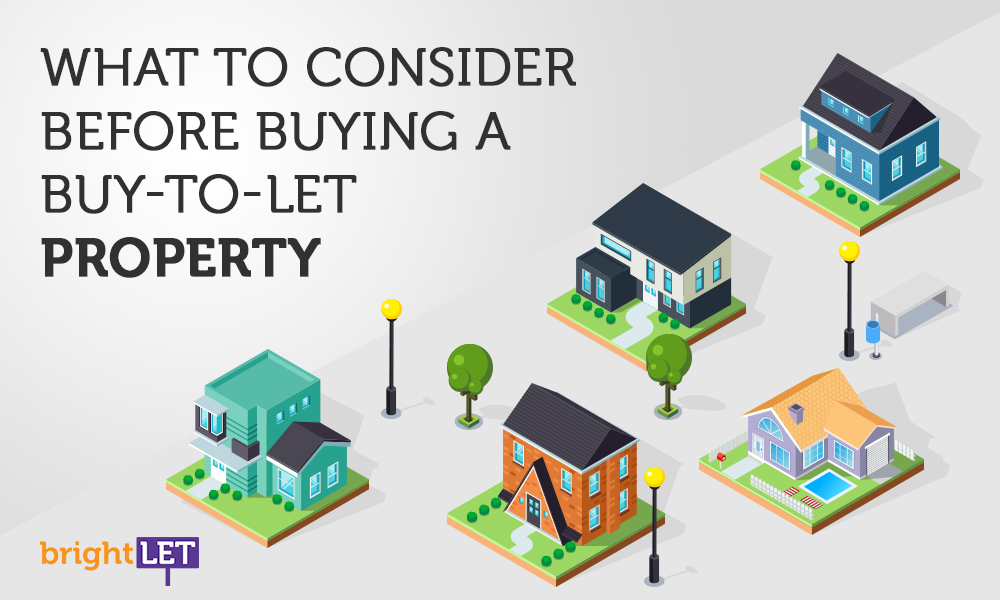
Getting started on the buy-to-let ladder might be intimidating. It’s not like purchasing a home, which may be difficult enough. There is a slew of other issues to consider, including the legality, finances, and, of course, your renters. Whether you’ve become an unintentional landlord or want to establish a buy-to-let portfolio, these 10 pointers could make the difference between success and failure.
Locate the ideal property:
The first decision you must make is what kind of tenant you wish to attract. Students, young professionals, families, and corporate renters all rental property, and they all expect various things from the place they will reside in. You’ll have an easier time finding the perfect tenant if you tailor the property to their wants and hire professional like estate agents in Cheltenham. Families will value outdoor space, open-plan kitchens and living rooms, and will be willing to pay a premium to live near a good school. Young professionals may not mind living without a yard, but a roof patio or balcony would instantly add attractiveness.
Location:
It may be tempting to acquire a buy-to-let property in your neighbourhood, but consider whether there is sufficient demand for tenants. Extending your search may give you more possibilities. University towns and cities are hotspots for buy-to-let properties as more individuals pursue higher education. To maximise your chances of having your property occupied each term, register it with the university housing services. Property within walking distance of major employers, stores, and transportation links is desirable but stay away from nightclubs, pubs, and fast-food restaurants, as well as busy roads and intersections. You don’t want your tenants to complain about the noise, odours, or fried chicken bones littering their front yard.
Organize your finances:
You’ll need to figure out how you’re going to fund the purchase once you’ve discovered a good buy to let home, and unless you’re a cash buyer, you’ll need a mortgage. For people who are just getting started as landlords, we offer a variety of buy to let mortgages. You’ll need to figure out if you want an interest-only or capital-repayment mortgage with a fixed or variable rate, as well as whether you want an interest-only or capital-repayment mortgage. Don’t forget about other expenditures such as valuation and application fees, surveyor and conveyancer fees, and stamp duty in addition to the deposit.
Is it better to rent a furnished or unfurnished apartment?
There are no hard and fast laws concerning whether you should rent a property furnished or unfurnished, but it may help you attract the right tenants. If you’re intending to rent to students, for example, you’ll need to furnish the space with economical, durable furniture that can survive student living and partying! Unfurnished properties may be more appealing for longer-term rentals because tenants can choose their own furnishings and may feel more at ease surrounded by their own belongings. A third alternative is to rent a property that is partially furnished. It’s up to you what that means, but if you’re prepared to be flexible with your furniture, it opens up your rental to a wider market, which letting agents will appreciate.
Real estate agents:
Which lead us to the next question: do you require the services of an agent? Marketing the property, organising the tenancy, collecting rent, and dealing with renters’ questions, upkeep, and repairs are just a few of the services that a renting agent can provide. A letting agent is probably the way to go if you don’t have a lot of spare time or feel like you need some professional support with your first buy-to-let home. If you don’t live near your rental property and don’t have a network of dependable specialists, such as plumbers or electricians, letting agents can help. However, going it alone is achievable, and many landlords manage their homes successfully on their own. For starters, you’ll save money, and you might decide that you want to be a hands-on landlord right away.
Take Precautions:
You should thoroughly screen any potential renters before letting your house. Never judge a book by its cover, and never take a tenant’s word for it, so do a credit check, verify work status, salary, and ID, and if feasible, get a couple of references from prior landlords. Checking out potential tenants on social media is also a good idea. The woman who claims to be a quiet person who doesn’t throw parties? For proof, go to her Facebook page. Who is this guy who claims to work for Google? Take a peek at his LinkedIn profile for more information. This is another area where a letting agent can assist you.
Regulations and Rules:
Before you become a landlord, you’ll need to learn about insurance, gas safety certificates, deposit protection schemes, and smoke and carbon monoxide alarms, among other things. Otherwise, you risk receiving a big fine. Landlords are required to follow more than 100 regulations.
Keep your Papers up to Date:
It’s one of the most time-consuming aspects of being a landlord, but it’s also one of the most crucial, so don’t overlook it. It’s best to do little and often than to let mounds of paperwork pile up, so set aside some time each week to stay on top of things. Keep track of everything – you’ll be pleased you did whether you’re intending on filing your own tax return or hiring a landlord to handle it at the end of the fiscal year.





